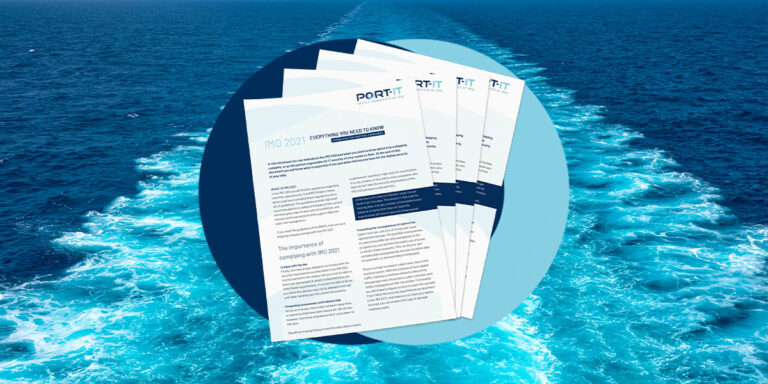Cybersecurity for cruise ships
Cybersecurity on cruise ships is an increasingly important topic as more and more of these vessels rely on technology to run their operations. With the rise of the internet of things (IoT) and the increasing connectivity of cruise ships, the potential for cyber attacks is growing.
Cyber threats for cruise ships
Some of the biggest cyber risks cruise ships face are related to passenger data, operational safety, business continuity, and reputation.
Passenger data
Cruise ships collect and store vast amounts of personal information about passengers, including names, addresses, credit card details, and other sensitive data. This information is a prime target for cybercriminals, who can use it for identity theft, financial fraud, and other malicious activities. It is essential to protect this data from unauthorized access, theft, or disclosure.
Operational safety
Cruise ships are complex systems with numerous interconnected systems, including navigation, propulsion, and communication systems. A cyber attack can disrupt or disable these systems, potentially causing significant safety hazards, including the loss of control of the vessel or collision with other ships or obstacles.
Business continuity
Cruise ships operate in a highly competitive industry, and disruptions to operations can result in significant financial losses. Cyber attacks can disrupt or disable critical systems, including those that are responsible for passenger services, operations, and logistics.
Reputation
Cruise ships rely heavily on their reputation for customer satisfaction and safety. A cyber attack that results in a breach of passenger data, or a safety incident caused by a cyber attack, can have a severe impact on the reputation of the ship, the company, and the industry as a whole.
Some of the biggest risks operators face are related to passenger (and crew) data, operational safety, business continuity, and reputation.
Cybersecurity solutions for cruise ships
To mitigate these risks, cruise ships need to have robust cybersecurity systems in place. Measures should include firewalls, intrusion detection and prevention systems, and regular security audits. In addition cruise ships should have incident response plans in place to quickly respond to any security breaches that do occur.
In addition to these measures, it also recommended implementing multi-factor authentication for all systems. This could include using biometric data, such as fingerprints or facial recognition, in addition to traditional passwords. This helps to ensure that only authorized individuals have access to sensitive systems.
Another layer of security can be created by encryption to protect data. This includes encrypting all sensitive information, such as personal and financial data, as well as communications between ship systems. This helps to ensure that even if hackers do gain access to this information, it will be unreadable and therefore useless to them.
Once measures are implemented it is crucial for cruise ships to stay up to date with the latest cybersecurity threats and trends. This includes monitoring for new vulnerabilities and patching systems as soon as updates become available.
Request a free demo
Get in touch and our experts can tell you more about our products and services.

IMO 2021 Whitepaper
Learn about the IMO guidelines on cybersecurity and their importance for the maritime industry.

